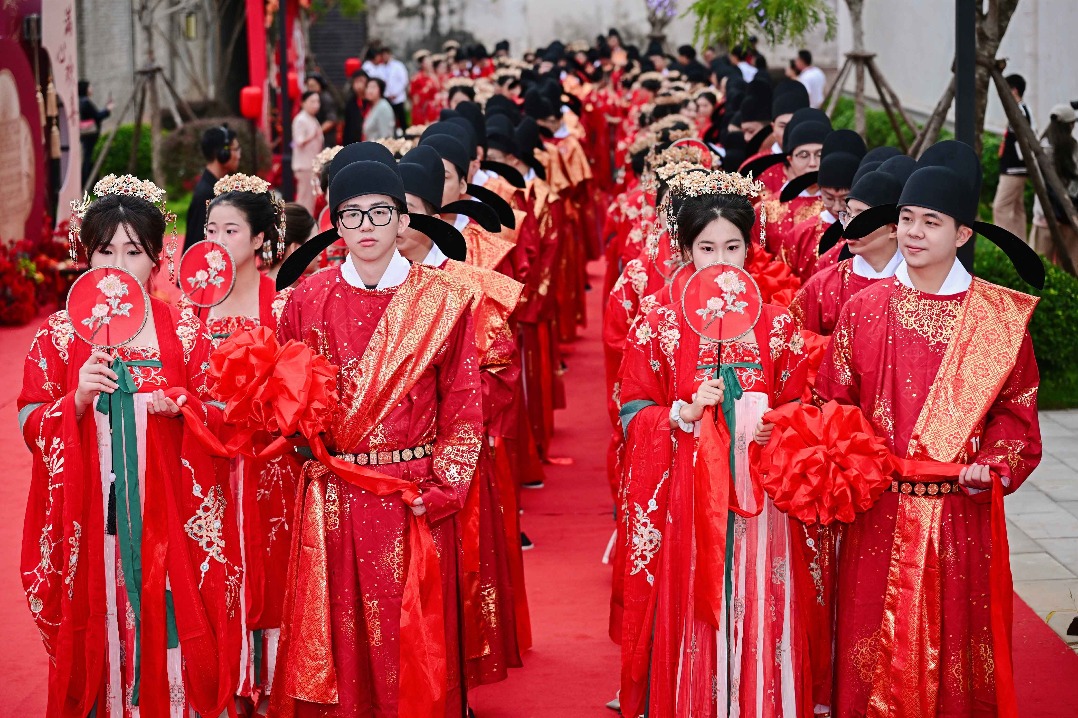Population gets older as growth slows


A sign of the policy adjustment's outcome is that children born as a second child to a couple accounted for as much as 50 percent in 2017, and the figure has stayed above 40 percent in the past few years, Ning said.
However, the small increase does not obscure the looming threat of declining birthrates in China, experts and officials have said.
Ning said an estimated 12 million babies were born last year, down more than 2.6 million from 2019 and nearly 5.9 million from 2016, the year the universal second-child policy took effect.
"The latest census puts the fertility rate (the average number of children born to women) at 1.3, which is at a low level," he said, added that a decrease in women of childbearing age and low willingness to have children are among contributing factors.
China's fertility rate reached the replacement rate of 2.1 — the minimum threshold for keeping a stable population — in 1992 and has since entered an era of low fertility rates, according to experts.
Huang Kuangshi, a researcher at the China Population and Development Research Center, said current projections for the annual number of newborns in the next decade are "not very upbeat". This is likely to contribute to an overall population drop in the next few years.
"A fertility rate of 1.3 to 1.5 is expected to become a normal rate for quite a long time. Boosting the rate above 1.5 and higher will require particularly strong supporting policies that encourage couples to have children, as well as further upgrades of family planning policy," he said.
NBS chief Ning said a key development blueprint approved by the nation's top legislature earlier this year has stipulated that China will adopt a more inclusive family planning policy and alleviate pressure associated with giving birth and rearing children.
"Bureau data suggests that Chinese women of childbearing age are willing to have 1.8 children on average," he said. "More support policies could play a role in tapping the fertility potential."
- First-ever cross-boundary torch relay held for National Games
- New cultural landmark starts trial operation in Shenzhen
- China, Russia to deepen practical cooperation in humanities cooperation
- New quality productive forces gather steam to turbocharge future growth
- Shenzhen named host city for APEC 2026 as China champions cooperation, green growth
- China to launch new-generation crewed spaceship in 2026




































